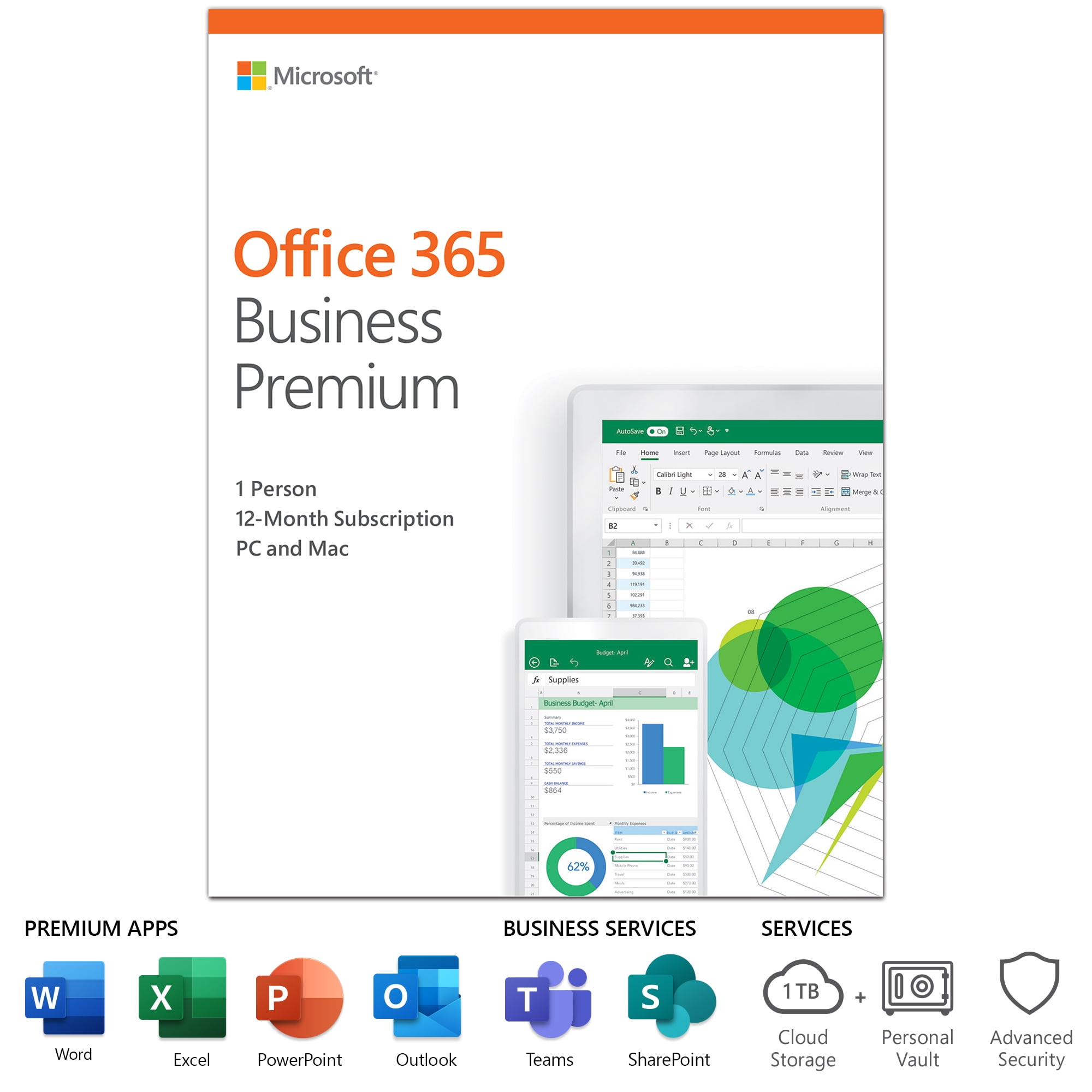

I often use programs like Onenote, Notion, or just simply Text, to take notes during Teams video meetings and this was practically impossible.

I experienced early on problems with video meetings in Teams and for some strange reason my whole computer got really slow - except the Teams app. Even though Teams is running great today, despite running through Rosetta 2, it had a rocky start in December 2021 and there has been a few kinks here and there. Outlook and Teams are the apps I use the most on a daily basis (from the Office 365 suite). This could be an issue if you are reliant on apps and plugins from small third party developers. Not really sure if they are supported or if they work. I have a few plugins in Powerpoint and Excel which I havn’t tested out yet. Still, I use them all daily but I’ve not yet created an Excel sheet with 100.000 rows or an advanced Powerpoint with a lot of videos and transitions (but who does that anymore, anyways?).

I’ve yet to have discovered any errors or lack of functionalities, but to be honest, I have not really deep dived into these apps yet. A whole new world compared to my ol’ Lenovo Thinkpad. Super fast and responsive and with no known errors so far. There is not a lot to say about these apps other than that they are a joy to use. The look’n’feel of my Outlook Calendar - with dark mode of course. It is expected to be ready by the end of Q1/Q2 2021. In the Microsoft Office 365 suite all apps are built natively for Apple silicon, except for Teams and Onedrive. Otherwise it will say “ Application (Intel)”. If it is ready for Apple silicon it will say “ Application (Universal)” (and actually support both Apple silicon and Intel). This will open a window and you will see the status on the line called “Kind:”. If you want to check if an app is built natively or not just go into your Applications folder in Finder, mark the app you would like to check and then press ⌘ Command + i. There are still some apps that will not run at all on the new M1 Macs and you can check which apps right here. These apps will be translated “on the go” with Apples own Rosetta 2 “emulator” and Rosetta 2 is being praised for doing a very good job and the translated apps fast and responsive (and with less errors). The change means that all apps built for the Intel processors must be translated to support the new M1 chips - where the processor, I/O, security and memory are all inside one tiny chip. The recent launch of the new Apple silicon chips takes Apple lightyears (a bit too much?) into the future. The difference between the new and old Macs The Office 365 Suite neatly placed within a folder in the dock.


 0 kommentar(er)
0 kommentar(er)
